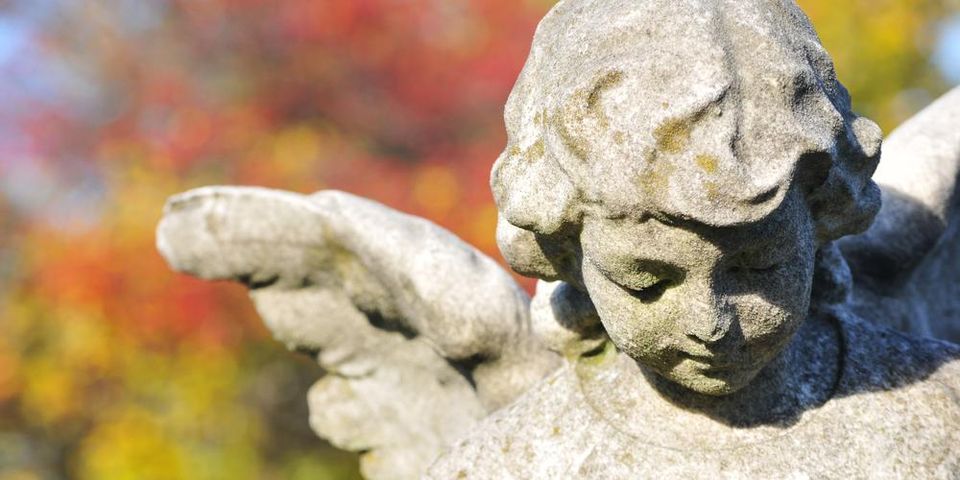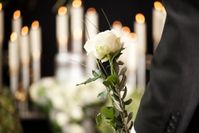
While the idea of honoring a loved one who has passed is generally universal, religion often plays a role in your experience with funerals. Since people of other religions have varying perspectives on spending time with the body before funeral services commence, it’s important to be cognizant of these differences so you can always remain respectful. Below are a few insights to help accommodate a diverse group of people coming to the same funeral, and understand how each feels about viewings, visitations, and wakes.
Understanding the Differences Between Religious Funeral Perspectives
How Do Different Religions Handle Viewings & Wakes?
To help answer this question, here is a brief look into the perspectives of some of the country’s major religions:
-
 Catholic: In a traditional Catholic funeral service, the family of the deceased will hold a prayer service (or vigil) the night before the funeral, during which family and friends will gather together to pray. This is often overseen by a priest or other religious person.
Catholic: In a traditional Catholic funeral service, the family of the deceased will hold a prayer service (or vigil) the night before the funeral, during which family and friends will gather together to pray. This is often overseen by a priest or other religious person. -
Presbyterian, Baptist, Methodist, Lutheran, Episcopalian, & Anglican: The choice to hold a viewing in these churches is always up to the family and can occur in the church, funeral home, or home of the deceased the day before or several days before the funeral. These can be reserved for close family or open to anyone who wants to mourn the deceased.
-
Jewish: In the Jewish tradition, there is usually no wake, visitation, or viewing. Instead, the family will gather for a “keriah” before the funeral. This religious rite involves a small gathering of close family who tears a small piece of the deceased’s clothing (or a black ribbon in more modern communities) to symbolize unified mourning. Today, many communities now tear a black ribbon rather than clothing.
-
Buddhist: Buddhist viewings are focused on maintaining a calm and peaceful energy, with chanting and incense to help aid in contemplation. The body is dressed simply and laid in a humble casket, which remains open throughout the wake.
-
Muslim: In the Muslim tradition, a body should be buried very quickly after death. Therefore, there is traditionally no type of viewing or wake before the funeral.
-
Mormon: Mormons commonly hold open-casket viewings, which are held at the same location as the funeral service. Open to all mourners, there is often some time reserved specifically for the family to be alone with the body.
-
Hindu: Prior to cremation, Hindus will often hold a short wake, during which the body is displayed in a simple casket. A garland of flowers is placed around the deceased’s neck, with ash or sandalwood applied to men’s foreheads and turmeric applied to women’s. After mourners gather around the casket to recite ritual hymns, the casket is taken, feet-first, to be cremated.
No matter your religious affiliations, grieving a loss and letting a loved one go is never easy. Connecticut’s Porto Funeral Homes has been dedicated to helping New Haven County with funerals, burial services, cremation, and all associated arrangements for over 75 years. As a family-run business, their caring staff works hard to help the bereaved as much as possible, with careful attention to detail that comes from decades of experience. To speak to a member of their compassionate and professional team, call (203) 467-3000 for their East Haven location or (203) 934-5000 for West Haven. You can also visit them online to learn more about options for pre-arrangements for funerals.
About the Business
Have a question? Ask the experts!
Send your question

